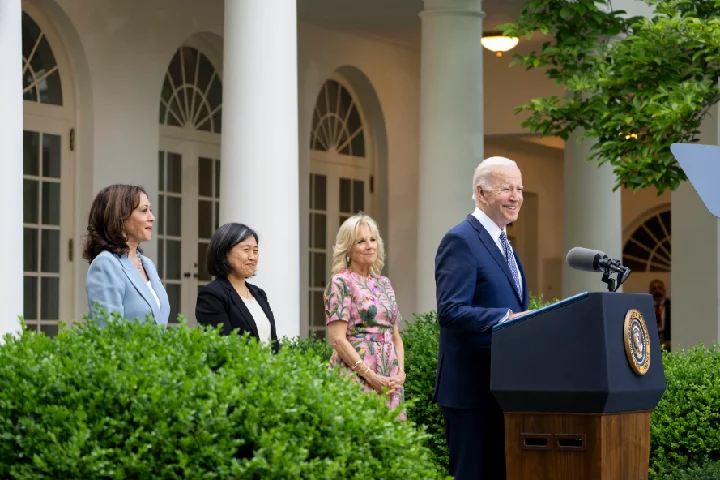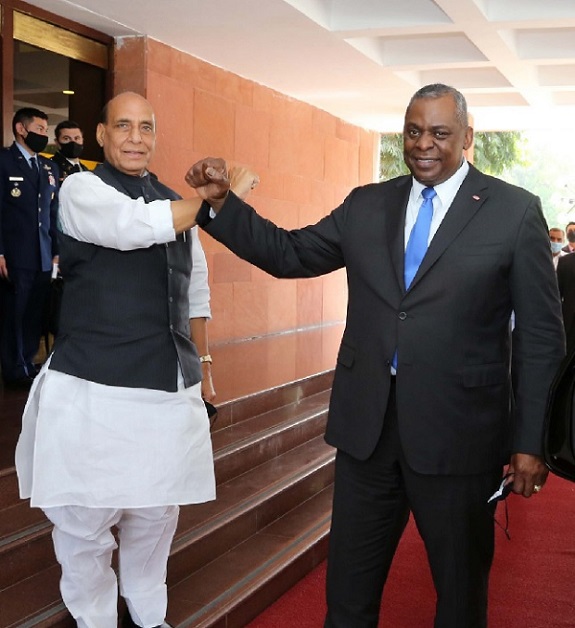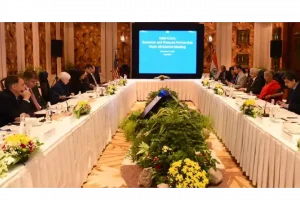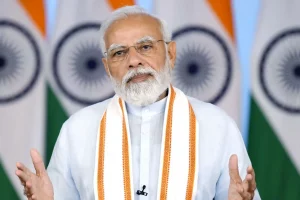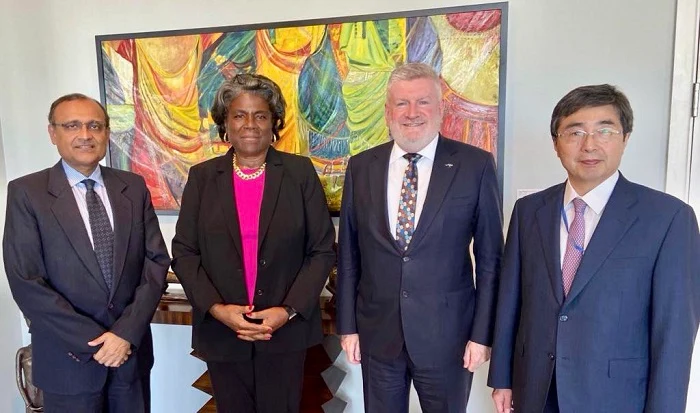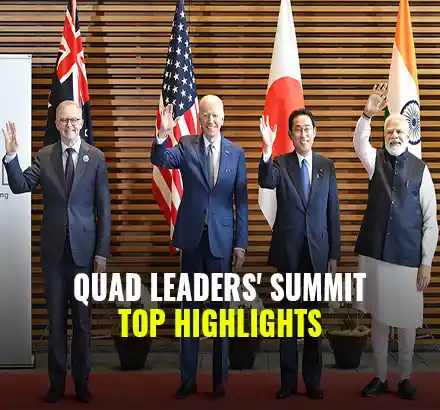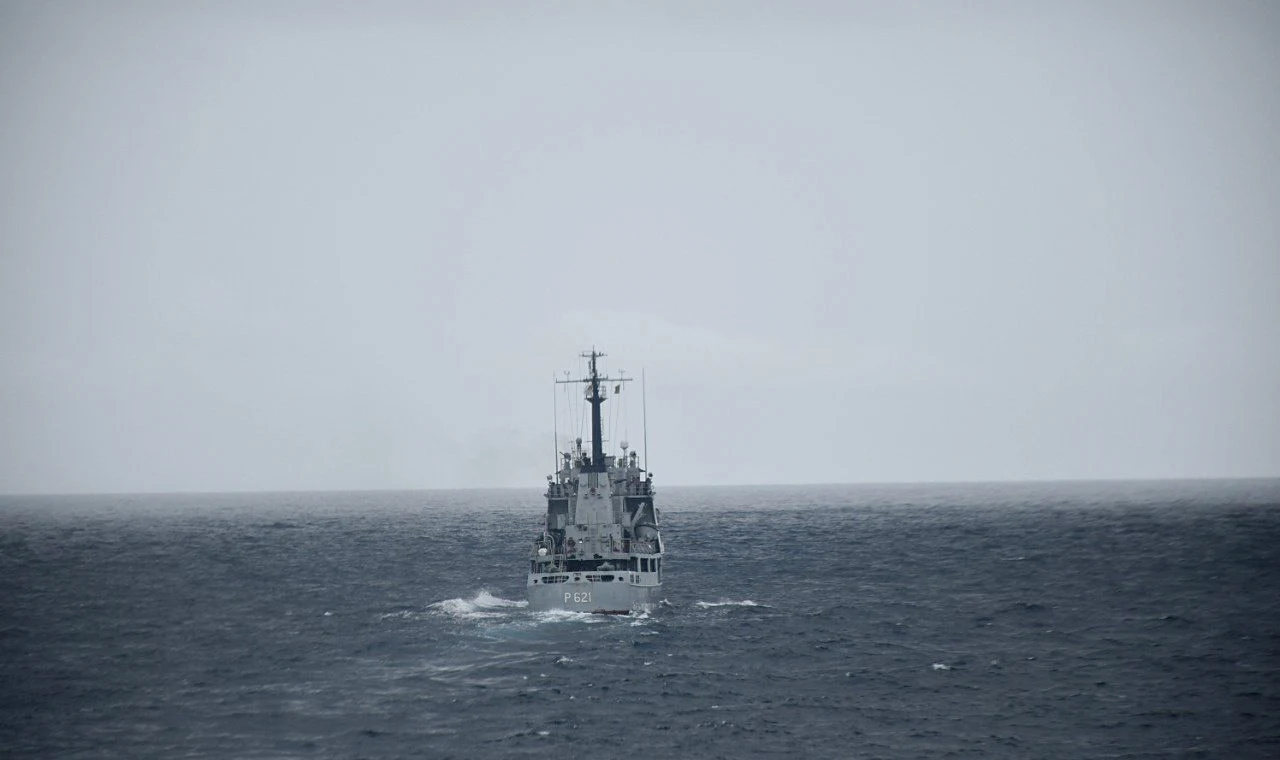Joe Biden will visit South Korea and Japan on May 20 in his first visit to Asia after taking over as President in January 2021. He will attend the Quad meeting with the prime ministers of Japan, India and Australia at a time when China's repeated military drills have heightened regional tensions.
The main item on the agenda is China and to allay fears among allies that the Russia-Ukraine war has not diverted America's attention from the Indo-Pacific region. North Korea's frequent firing of deadly missiles also figures on the agenda.
In Tokyo, Biden will hold bilateral meetings with his Quad counterparts from Japan, Australia and India. He will be meeting them face-to-face again after the initial Quad meeting in September 2021 in Washington.
It was an honor to host the first-ever in-person Quad Leaders’ Summit. We’re committed to our partnership and to an Indo-Pacific region that is free, open, inclusive, and resilient. pic.twitter.com/W2HL58Jc0j
— President Biden (@POTUS) September 28, 2021
This would be Biden's fourth foreign visit with the earlier three bringing him to Europe alone. His first one was to attend the G7 summit in the UK in June 2021, followed by the G20 summit in Italy in October 2021 and the extraordinary NATO summit in March over the Ukraine crisis.
In a statement released in April, US Press Secretary Jen Psaki had said: "The leaders will discuss opportunities to deepen our vital security relationships, enhance economic ties, and expand our close cooperation to deliver practical results".
Biden's visit to the region takes place under the shadow of the Russia-Ukraine war which has spotlighted the Chinese threat to Taiwan. In the past one month China has increased its military presence around Taiwan through tri-service military drills in the seas around the island nation. Beijing also held another military exercise in the Yellow Sea close to the Koreas simulating confrontations with smaller regional navies.
Chinese vessels have been sailing close to Japan's waters as well. Japanese Defence Minister Nobuo Kishi recently told journalists: "Given that [China’s] activities are conducted in the sea and airspace close to Japan’s southwestern islands and Taiwan, they must be closely monitored with concern”.
Japan has been fine-tuning its defence strategy. Amid raging discussions, it also plans to double its defence budget.
China has unleashed an arms race in the region. Since last year Japan and Taiwan have raised concerns with the US that China is preparing to attack Taiwan which could result in a bigger conflict. Both the US allies are buying various kinds of weapons from the US in a bid to thwart China.
During his five-day visit, Biden will also launch the Indo-Pacific Economic Framework (IPEF) which has been on a slow burner. The IPEF is supposed to counter China's economic influence in the region by focusing on enhanced trade, strengthening supply chains, building sustainable infrastructure, clean energy and decarbonization, as well as tax and anti-corruption.
This evening, I welcomed ASEAN leaders to the White House for the first time in history, and reaffirmed the U.S. commitment to Southeast Asia. We discussed the importance of working together to ensure security, prosperity, and respect for human rights for our one billion people. pic.twitter.com/nu6X5Lh2eh
— President Biden (@POTUS) May 13, 2022
The IPEF will strive to rope in the ten-bloc Association of Southeast Asian Nations (ASEAN), who are closely aligned with China through the Regional Comprehensive Economic Partnership (RCEP)–currently touted to be the largest comprehensive economic partnership in the world.
Significantly, Biden's visit to Asia comes soon after the US' two-day special summit with ASEAN leaders in Washington on May 12-13. The summit commemorated 45 years of US-ASEAN ties and was the first time that ASEAN leaders gathered at the White House.






